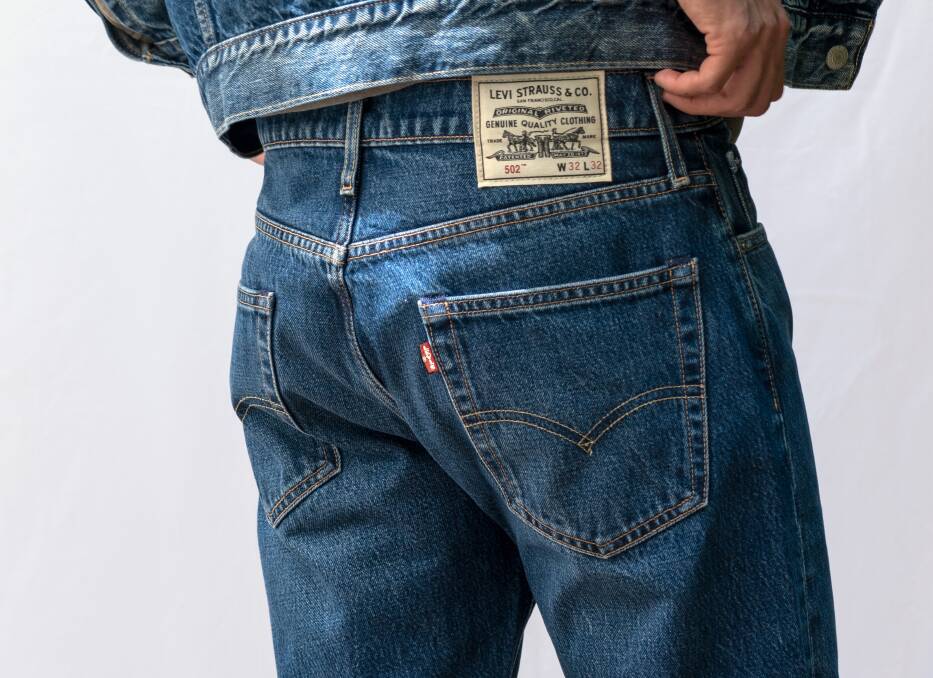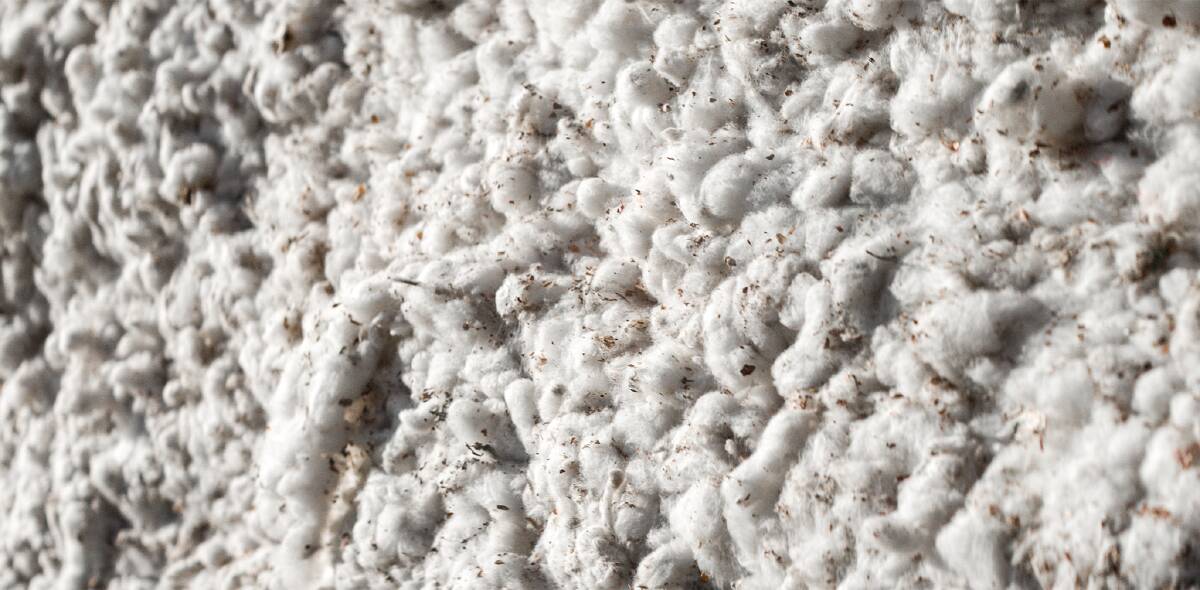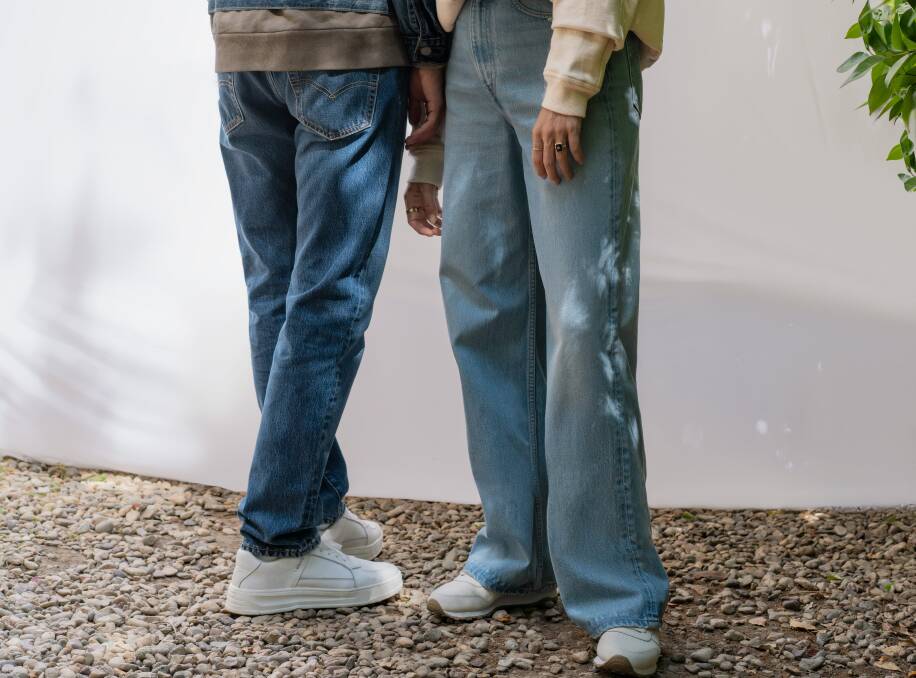Four ways Levi's is moving towards a more sustainable approach to fashion

This is a commercial collaboration with Levi's.
This year, people all around the world have become acutely aware of their dependence on the environment around them. The Coronavirus pandemic made it clear that sustainable living should not only be an aspiration, but an imperative, especially given we are more intensely turning to the world around us for sustenance and resources.
As people are forced to make do within their own neighbourhoods, their appreciation for slow living, slow food and slow fashion has become omnipresent. Appreciating slow fashion, in particular, is now manifesting itself in many different ways.
Some consumers are turning more eagerly to op-shopping and online resellers, some are becoming more committed to upcycling and recycling, while others are fulfilling their duty to research companies that are making tracks in the field of sustainability.
Levi's is one of those companies. On a mission to make a positive impact at every stage, this highly-coveted brand is continually evolving the way they do business. Here are four ways in which Levi's is moving towards a more sustainable approach to fashion and contributing towards a more plentiful world now and in the future.

1. Sustainable clothing range
Through the use of Cottonised Hemp, Levi's has managed to produce denim garments that use significantly less water and leave behind cleaner, healthier soil. Specially designed for Levi's, this innovative hemp yarn maintains its cotton-like softness so the customer achieves the same look-and-feel in their garment, but with a smaller carbon footprint.
The Cottonised Hemp technique uses less energy and fewer chemicals than cotton and is testament to Levi's continuous affirmation that getting dressed shouldn't be a moral dilemma. Combine this with the company's use of Tencel Lyocell - a fibre made from sustainably harvested wood - and the brand's commitment to environmental conservation becomes even clearer.
The use of Cottonised Hemp and Tencel throughout Levi's range is ever-growing, with each season's range comprising of varying fits and silhouettes, each ensuring comfort and style and not compromising on quality.
2. Significantly reducing water consumption
More than 60 per cent of all Levi's products are made using their Water Less® technology. Instead of using copious amounts of water to give jeans that broken-in look, the company makes use of the Water Less® innovation process, tumbling jeans with bottle caps and golf balls instead of fabric softener and water. Having started almost 10 years ago, the process has saved more than 3.5 billion litres of water and recycled over five billion more. By next year, at least 80 per cent of Levi's jeans are expected to be finished with these techniques.

1. Repair, Reimagine, Recycle
It's estimated that up to 73 per cent of all clothing produced ends up in incinerators or landfills.* Armed with this knowledge, Levi's encourage their customers to think differently. When you've loved your Levi's so much that they have a hole or tear, repair them - if your style changes, reimagine them - and, if a time comes when you no longer want them in your wardrobe rotation, recycle them. It's all about cultivating a consumer who doesn't see fashion as disposable. After all, the best item of clothing to purchase is the one already in circulation.
Enhanced working conditions
Levi's WellThread collection is designed and modelled on the guiding principles of materials, people, environment and process. The items in the collection are made in worker well-being facilities that not only keep the labourers' health front-of-mind, but specifically implement programs focused on financial empowerment, family well-being, and equality and acceptance.
With fashion being the second largest polluter in the world, after oil, Levi's is proving that a shift in the way the industry behaves can have a huge impact on the planet. As a multinational company, Levi's has chosen not to sit idle, but to lead by example in the hope that other brands will follow.
*Source: The Ellen MacArthur Foundation


